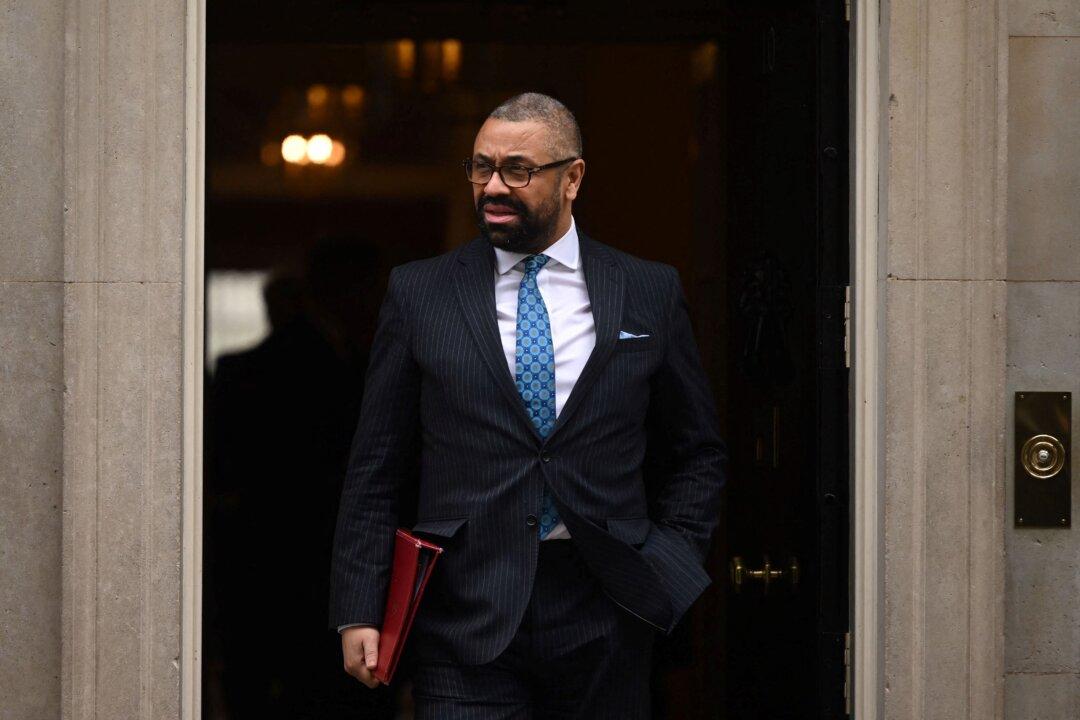Prime Minister Rishi Sunak’s Brexit deal for Northern Ireland has been formally signed off, without the support of the province’s largest unionist party.
On Friday, the Windsor Framework was legally adopted in a meeting chaired by both Foreign Secretary James Cleverly and European Commission Vice-President Maros Sefcovic days after MPs voted overwhelmingly in its favour.





